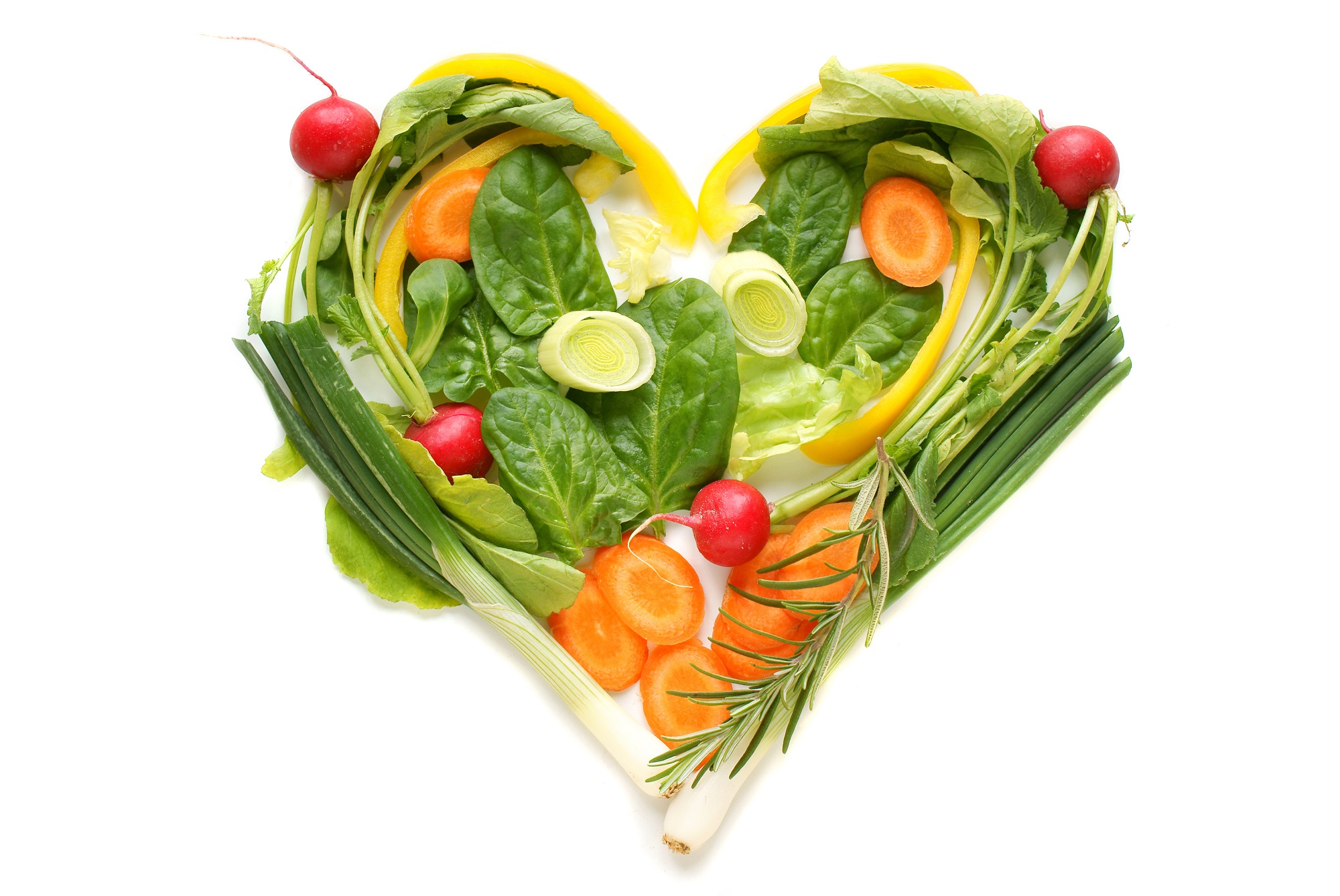People choose to become vegetarians for various reasons. These include health, religion, animal welfare, etc. Vegetarian diet is generally believed to be a healthy lifestyle, since vegetarians consume lots of fiber, vitamins, minerals, unsaturated fat, and phytochemicals. This means that they may have lower cholesterol levels, lower blood pressure, and lower risk of obesity and heart disease. Learn more about the health benefits of a vegetarian lifestyle.

What Are the Benefits of Being a Vegetarian?
Vegetarians have an increased intake of wholesome foods that include vegetables, fruits, whole grains and others. Their nutrients help lower your chances of diseases and promote good health.
1. Prevent Cancer
Vegetarian diets are naturally high in fiber and cancer-protective phytochemicals, and low in saturated fat, which helps prevent cancer. Studies show that compared to meat-eaters, vegetarians are 40% less likely to have cancer. People who follow plant-based diets are less likely to develop ovarian, colon, prostate and breast cancers than those having a meat-based diet.
2. Lower Blood Pressure
Nutritionists have noted that people who do not consume meat have lower blood pressures. They also found that switching to a vegetarian diet could significantly reduce blood pressure within two weeks, regardless of the sodium intake. No one knows why a vegetarian diet works so well; it is probably because it reduces blood viscosity (thickness), which can bring down blood pressure. Fruits and vegetables are generally low in fat and salt and have zero cholesterol. Potassium in fruits and vegetables also helps reduce blood pressure.
3. Beat Heart Disease
This is one of the greatest benefits of being a vegetarian. Animal products contain lots of saturated fat and cholesterol and no fiber. When you switch to a vegetarian diet, you get high-fiber foods with less fat and cholesterol. Studies show that a high-fiber, low-fat vegetarian diet combined with exercise can actually reverse cardiovascular disease.
4. Prevent and Reverse Diabetes
A low-fat, high-fiber diet and regular exercise help control adult-onset type 2 diabetes. A diet that is high in complex carbohydrates and fiber allows insulin to work more efficiently and regulates blood sugar levels. It can also help reduce the amount of insulin needed by type 1 diabetics.
5. Reduce the Risk of Other Diseases
- Vegetarians have a lower risk of developing gallstones and kidney stones which are common in high-protein animal-based diets.
- Vegetarians have a lower risk of developing osteoporosis. Animal products can increase calcium excretion from the body, which can increase bone loss.
- Studies demonstrate that individuals who have asthma and consume a vegan diet have a decreased frequency and severity of asthma attacks and need less medication.
6. Avoid Overweight
What are the benefits of being a vegetarian? Vegetarians are more likely to be leaner than other people, and they are also more likely to have lower body mass index. Some studies suggest that a vegetarian diet helps promote weight loss and maintain a healthier weight over time.
7. Improve Mood
Studies show that vegetarians are less likely to have mood disturbances which are more common among meat-eaters. This is believed to be related with the Arachidonic acid from animal-based diet. Vegetarians are found to have lower level of neuroticism.
8. Have Anti-Aging Properties
Low fat diets help retard the aging process. A vegetarian diet along with exercise, may help to regulate the aging process and reduce the risk of age-related conditions.
9. Increase Energy Levels
Too much fat in blood stream can impede the oxygen flow, which results in low energy. But a vegetarian diet is low in fat. Moreover, vegetarians consume high complex carbohydrates, which keep you feeling full and provide lots of energy.
10. Help You Live Longer
Vegetarians are more likely to outlive meat-eaters by up to 3-6 years. Vegetarians who consume more plant-based foods and less processed foods will ingest fewer harmful chemicals and toxins.
Watch for the Potential Nutritional Deficiencies
The benefits of being a vegetarian are beyond any doubt, but consuming a purely vegetarian diet may lead to some nutrient deficiencies. Here are some points to consider:
- Omega-3 Fatty Acids: A deficiency in omega-3 fatty acids may occur. These nutrients are important for brain and eye health. To reduce your risk of deficiency, be sure to include alpha-linoleic acid sources such as flaxseed, walnuts, soy products, and DHA-fortified foods. DHA supplements should be taken under the doctor's guidance.
- Vitamin B12: Vitamin B12 deficiency leads to anemia, neurological symptoms, increased levels of homocysteine, and an increased risk of fractures. Vegetarians should increase their intake of food fortified with vitamin B12, such as seaweed, soy drinks, and yeast. Vitamin B12 absorption declines with age, so vitamin B12 supplementation may be an option after consultation with your doctor.
- Calcium: Vegetarians should eat lots of calcium-rich vegetables such as kale, collard greens and other dark green leafy veggies. Fortified breakfast cereals, tofu, and soy beverages are also good options.
- Vitamin D: Vegan diets are generally low in vitamin D, which can reduce the absorption of calcium and result in weak bones. Be sure to get lots of sunlight exposure and consume vitamin D-fortified beverages such as rice milk, soy beverages and juices.
- Iron: This mineral is essential for red blood cell formation. The type of iron present in plants is less likely to be absorbed in the body compared to that found in meats. To avoid iron deficiency, vegans should consume more iron-rich foods, such as leafy dark green vegetables and dried fruits.
- Zinc: This mineral is essential for healthy immune system function. Vegans should consume zinc-rich foods like fortified cereals, whole grains, pumpkin seeds, nuts, and legumes.
- Proteins: Vegans may lack protein in their diets. Good protein sources include soy, beans, whole grains, legumes, nuts and seeds.
- Riboflavin: Vegans must also consume riboflavin-rich foods like mushrooms and almonds to avoid deficiency symptoms.
